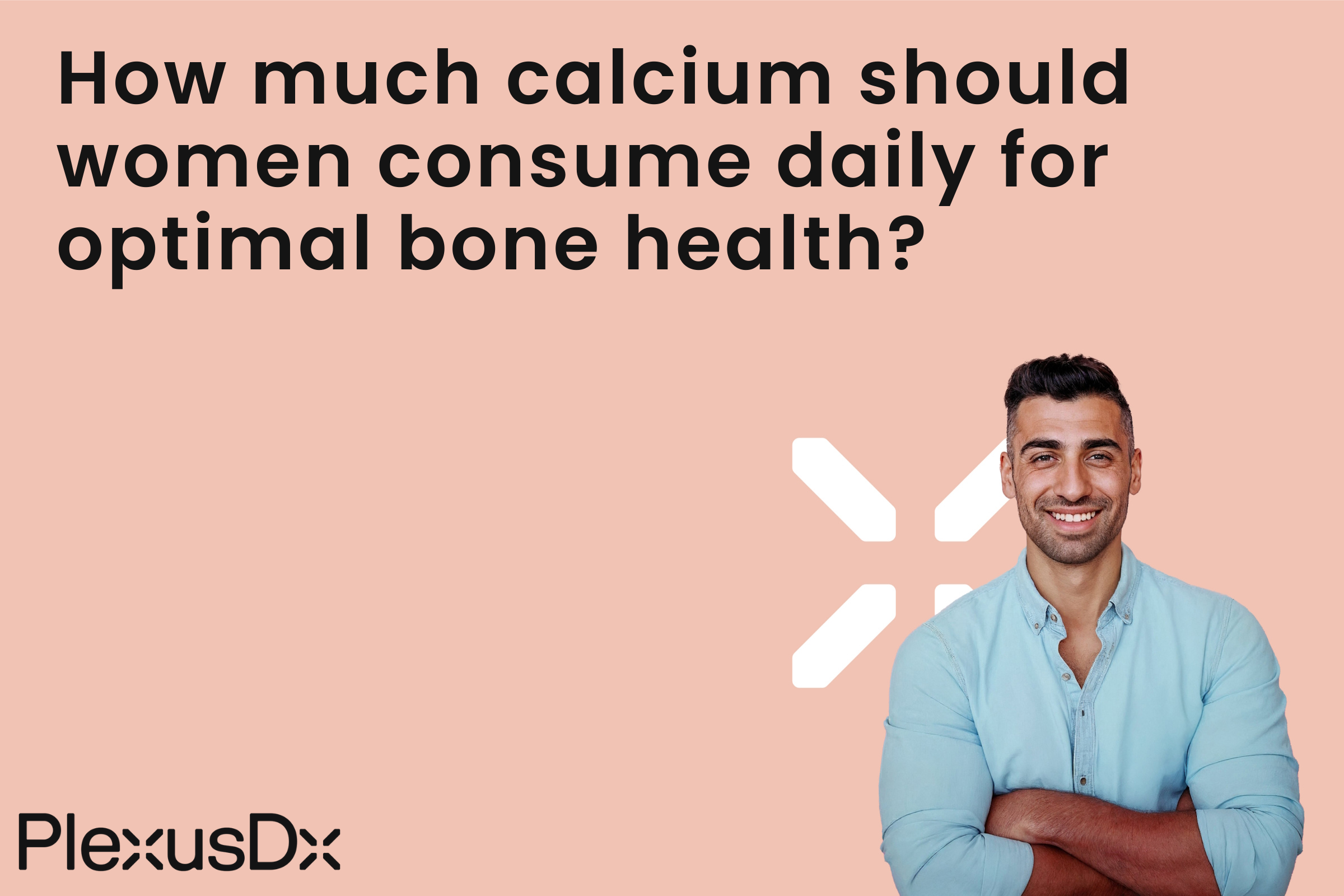Calcium and Bone Health
Calcium serves as an essential mineral for bone health since it fortifies bones and protects against osteoporosis development. Milk becomes the primary source people think about for calcium due to its benefits for strengthening bones. Beyond its important role for bone health calcium serves as a vital mineral that helps maintain heart function as well as muscle contractions and nerve operations. The bones and teeth hold 99% of the calcium in the body demonstrating their essential function in maintaining skeletal structure. Vitamin D and parathyroid hormone jointly maintain blood calcium levels within a strict range. Vitamin D and parathyroid hormone function together to ensure that the bloodstream has appropriate levels of calcium whenever needed. As blood calcium levels fall the body activates its dynamic calcium regulation system by releasing calcium stored in bones to maintain proper balance. Calcium is not exclusive to dairy products because green leafy vegetables and fish such as sardines with edible soft bones supply calcium too as well as fortified foods and beverages. A sufficient calcium intake through dietary sources is essential for sustaining strong bones. Long-term insufficient calcium intake leads to bone weakening over time which may result in osteoporosis. Women who have reached menopause need to consume 1,200 mg of calcium every day but women who are premenopausal should consume 1,000 mg daily for optimal health. Men need to make sure they get 1,000 milligrams of calcium every day. Most individuals fail to meet their needed calcium intake through food alone which demonstrates why they must intentionally include calcium-rich foods into their daily meals. People should prefer to obtain calcium through their diet instead of supplements due to the superior absorption rates and reduced side effects from food sources. Food-based calcium gets absorbed more efficiently by the body resulting in superior bone health benefits. The digestive tract takes up calcium more effectively with vitamin D because this vitamin improves mineral absorption. Maintaining vitamin D levels through sunlight exposure and consuming foods like fish and eggs as well as fortified milk enables calcium absorption which supports bone health. A balanced diet rich in calcium combined with sufficient vitamin D levels supports bone maintenance and overall health improvement. People who eat calcium-dense foods and maintain optimal vitamin D levels can preserve bone strength while reducing the risk of bone-related conditions. PlexusDx Precision Health & Wellness testing helps you understand your genetic predispositions to calcium-related bone health issues. Utilize PlexusDx's valuable information to navigate your health journey and make informed decisions.

Share:
What is GGT genetic trait and its impact on liver health and diabetes risk?
Factors affecting short-term memory and cognitive health?